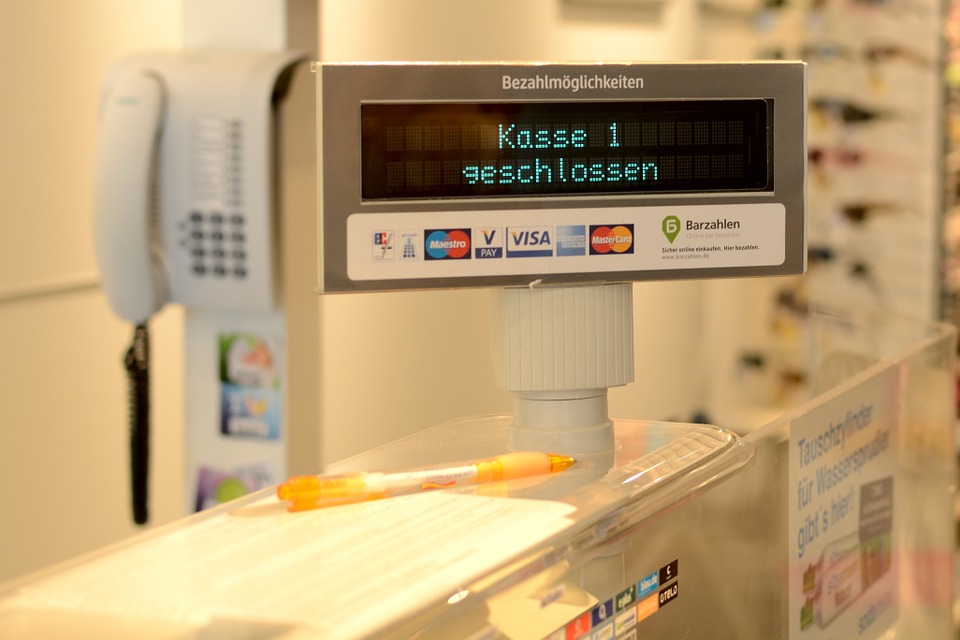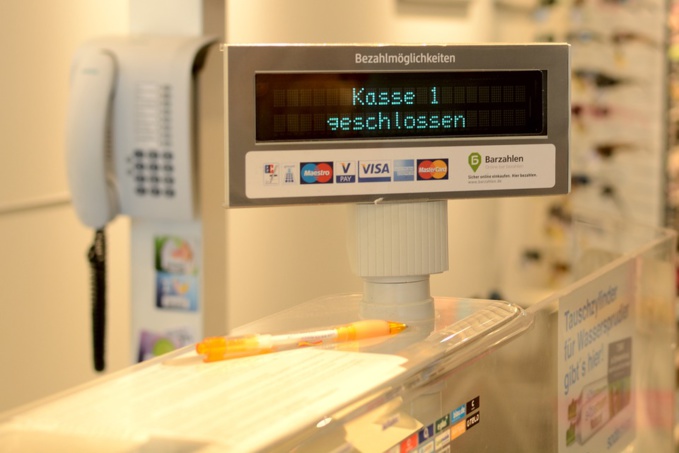Number of options for non-cash payments, such as credit cards, online payment and direct debits, has sharply increased in recent years. And thanks to smartphones, various digital payment solutions and mobile wallets have started to gain popularity. Potentially revolutionary innovations, such as distributed registry technologies, indicate that new, and perhaps fundamental, changes may appear on the horizon soon.
In addition to these new or emerging technologies, there are still a number of studies proving the need to refuse cash. Defenders of the non-cash society can usually be attributed to one of three different camps.
The first camp, the "alchemists", wants to overcome restrictions caused by the zero interest rate threshold (ZLB) in monetary policy. The second camp, "law and order", wants to eliminate the main means of payment in illegal activities. And the third camp, the "fintech alliance", looks forward to great business prospects, which will be opened as soon as the society refuses to keep assets in cash.
However, the arguments in favor of giving up are wide open to criticism. Let's start with the alchemists’ arguments. Yes, indeed, it is difficult to pursue a monetary policy in conditions of extremely low interest rates.
Nevertheless, experience shows that the effective lower threshold of interest rates differs from zero. Moreover, the policy of negative interest rates works without causing a flight to cash, especially if it is combined with direct buying of assets, long-term credit operations (including programs for providing fixed-rate funds to banks and "targeted" lending), and also informing of further plans (forward guidance). In this regard, negative interest rates should be understood as a specific, non-standard instrument of monetary policy, which differs from simply low interest rates.
The "law and order" camp also stands for prohibition of cash. Being an instrument of value storage and means of payment, cash performs an important social function for many law-abiding citizens. Would anyone propose to ban private ownership of expensive cars or precious stones only for the reason that criminals like them, too? To damage a decent majority to punish a criminal minority is like chopping a nut with a sledgehammer.
Finally, the "fintech alliance" promises that its innovative solutions in the field of digital payments will simplify the financial transactions. Consumers will no longer need to carry bundles of cash or look for an ATM. The question is for whom will this branch of digital payments will be beneficial – for consumers or companies offering payment solutions.
There is another big problem with the arguments in favor of a cashless society. Most people, at least in the euro area, do not want to live in it. According to the upcoming poll of 65,000 residents of the euro area, conducted by the European Central Bank, people make almost 80% of all retail payments in cash. In value terms, the share of cash accounts for more than half of all payments.
As it often happens in Europe, the difference between individual EU countries is striking. The share of cash payments varies from 42% in Finland to 92% in Malta. Nevertheless, not only the attachment of society to cash remains generally strong, moreover, it is increasing.
Growth rate of aggregate demand for cash exceeds nominal GDP growth. Over the past five years, the average annual growth rate of euro banknotes was 4.9% in cost and 6.2% in quantity. This increase also included low-value banknotes, which are used mainly for payments, not for savings.
These facts confirm validity of the ECB’s neutral position, which now allows both cash and non-cash payments. This approach is based on four principles: technological security, efficiency, technological neutrality, freedom of choice for users of various means of payment.
The ECB’s main objective is to ensure price stability. To fulfill this task, the organization provides reliable liquidity in the form of reserves that banks keep on its accounts, and in the form of banknotes that have the status of the only legal means of payment in the euro area.
If Europe abolished the cash, this would lead to rupture of the only direct connection between people and a central bank’s money. In a democracy, such a link promotes recognition of the idea of a central bank’s independence, as it increases the people's trust and support of effective monetary policy.
based on 'Why Europe Still Needs Cash' by Yves Mersch, Project Syndicate
In addition to these new or emerging technologies, there are still a number of studies proving the need to refuse cash. Defenders of the non-cash society can usually be attributed to one of three different camps.
The first camp, the "alchemists", wants to overcome restrictions caused by the zero interest rate threshold (ZLB) in monetary policy. The second camp, "law and order", wants to eliminate the main means of payment in illegal activities. And the third camp, the "fintech alliance", looks forward to great business prospects, which will be opened as soon as the society refuses to keep assets in cash.
However, the arguments in favor of giving up are wide open to criticism. Let's start with the alchemists’ arguments. Yes, indeed, it is difficult to pursue a monetary policy in conditions of extremely low interest rates.
Nevertheless, experience shows that the effective lower threshold of interest rates differs from zero. Moreover, the policy of negative interest rates works without causing a flight to cash, especially if it is combined with direct buying of assets, long-term credit operations (including programs for providing fixed-rate funds to banks and "targeted" lending), and also informing of further plans (forward guidance). In this regard, negative interest rates should be understood as a specific, non-standard instrument of monetary policy, which differs from simply low interest rates.
The "law and order" camp also stands for prohibition of cash. Being an instrument of value storage and means of payment, cash performs an important social function for many law-abiding citizens. Would anyone propose to ban private ownership of expensive cars or precious stones only for the reason that criminals like them, too? To damage a decent majority to punish a criminal minority is like chopping a nut with a sledgehammer.
Finally, the "fintech alliance" promises that its innovative solutions in the field of digital payments will simplify the financial transactions. Consumers will no longer need to carry bundles of cash or look for an ATM. The question is for whom will this branch of digital payments will be beneficial – for consumers or companies offering payment solutions.
There is another big problem with the arguments in favor of a cashless society. Most people, at least in the euro area, do not want to live in it. According to the upcoming poll of 65,000 residents of the euro area, conducted by the European Central Bank, people make almost 80% of all retail payments in cash. In value terms, the share of cash accounts for more than half of all payments.
As it often happens in Europe, the difference between individual EU countries is striking. The share of cash payments varies from 42% in Finland to 92% in Malta. Nevertheless, not only the attachment of society to cash remains generally strong, moreover, it is increasing.
Growth rate of aggregate demand for cash exceeds nominal GDP growth. Over the past five years, the average annual growth rate of euro banknotes was 4.9% in cost and 6.2% in quantity. This increase also included low-value banknotes, which are used mainly for payments, not for savings.
These facts confirm validity of the ECB’s neutral position, which now allows both cash and non-cash payments. This approach is based on four principles: technological security, efficiency, technological neutrality, freedom of choice for users of various means of payment.
The ECB’s main objective is to ensure price stability. To fulfill this task, the organization provides reliable liquidity in the form of reserves that banks keep on its accounts, and in the form of banknotes that have the status of the only legal means of payment in the euro area.
If Europe abolished the cash, this would lead to rupture of the only direct connection between people and a central bank’s money. In a democracy, such a link promotes recognition of the idea of a central bank’s independence, as it increases the people's trust and support of effective monetary policy.
based on 'Why Europe Still Needs Cash' by Yves Mersch, Project Syndicate



















